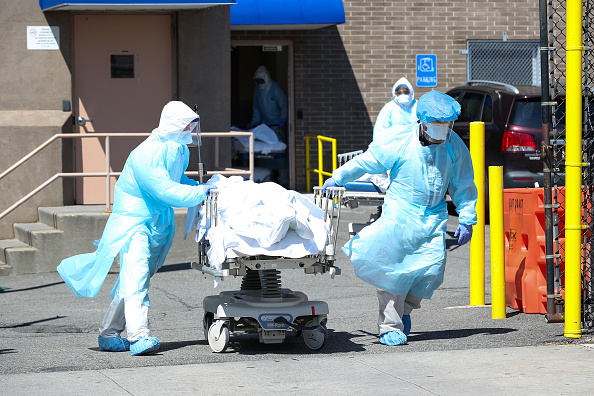For decades, California has been grappling with a severe physician crisis, and the COVID-19 pandemic has highlighted the detrimental impacts it has on the lives of low-income residents and communities of color. The report offers policy recommendations to increase access to healthcare in preparation for a second wave and to build a lasting healthcare infrastructure for the state’s ongoing needs.
Overview:
Barriers to healthcare accessibility for communities of color are further highlighted in the findings of this report. We urge state leaders and medical school administrators to take steps to address California’s physician shortage before a second wave of the novel coronavirus causes even more disproportionate deaths among vulnerable communities. The COVID-19 pandemic underscores the need to recruit and retain more Latino physicians in a state where the majority of residents are Latinos, some who are immigrants with limited English-language skills that make medical care harder to access.
Key Findings:
- As California’s population has multiplied in number and diversity, the state’s physician supply has declined, and now inaccurately reflects the state’s changing demographics.
- Preliminary data shows that Black Americans, Latinos, and Native Americans are disproportionately facing higher infection and hospitalization rates, and devastating COVID-19-related deaths.
- In the U.S., only 11% of physicians currently practice in rural areas. In the coming decades, more primary care providers will be needed to meet the rural population growth.
- Research by the Center for the Study of Latino Health and Culture (CESLAC) at UCLA Health estimates the magnitude of California’s Latino physician shortage by projecting the number of years it would require, under present conditions, to close this disparity gap between Latino and NHW physicians. If current trends continue, it would take five centuries to fully address this disparity.

